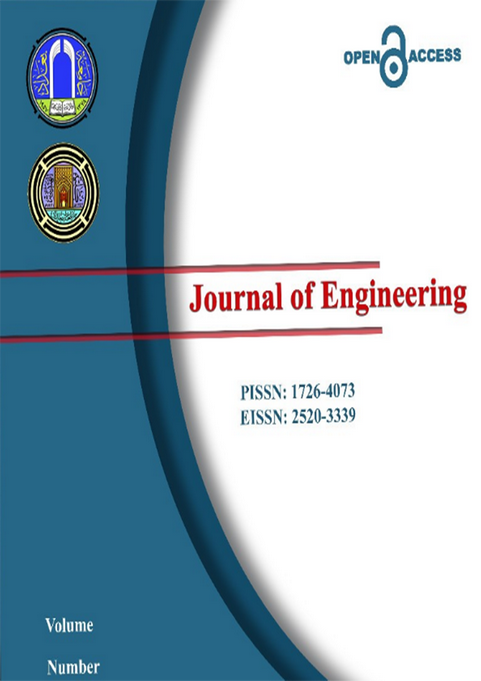Abstract
Production of biodegradable polymer matrix biocomposites that are cost effective,
sustainable, and environmentally friendly with desirable properties using particles as
discontinuous phase (filler) is a welcome development. In this study, bamboo particle
reinforced epoxy resin matrix biocomposites were developed by stir casting method. Varied
weight percentages (5 to 30 wt. %) of 100 µm bamboo particles were added separately and
blended with an epoxy resin – hardener matrix. The blends were fed into a fabricated
wooden mould and allowed to cure at room temperature. After 24 hrs, the specimens were
removed from the mould and subjected to microstructural examination using a Scanning
Electron Microscope (SEM). Furthermore, the physical and mechanical properties
characterisation of the specimens were also carried out. The results obtained from the
experiments showed the presence of pores in the microstructure of the specimens and the
distribution of reinforcing particles in the epoxy matrix. The reinforced composites (S2 to
S6) demonstrated an appreciable increase in density when compared with the unreinforced
control specimen (C1). Specimens (S2 to S6) demonstrated lower water absorption than C1.
The composites demonstrated increased ultimate tensile strength with filler addition up to
25 wt. %. Similarly, the reinforced specimens demonstrated improved hardness as the
weight percent (wt. %) of bamboo particles increased up to 25 wt. %. However, the
composites demonstrated a reduction in impact energy as filler content increased when
compared with the control specimen. Specimen S5 formulation, which contained 25 wt. %
of reinforcing particles demonstrated the best properties in terms of density, water
absorption, hardness, and ultimate tensile strength. These findings highlight the
effectiveness of bamboo particles in enhancing the physical and mechanical properties of the
developed ecofriendly biocomposites.
sustainable, and environmentally friendly with desirable properties using particles as
discontinuous phase (filler) is a welcome development. In this study, bamboo particle
reinforced epoxy resin matrix biocomposites were developed by stir casting method. Varied
weight percentages (5 to 30 wt. %) of 100 µm bamboo particles were added separately and
blended with an epoxy resin – hardener matrix. The blends were fed into a fabricated
wooden mould and allowed to cure at room temperature. After 24 hrs, the specimens were
removed from the mould and subjected to microstructural examination using a Scanning
Electron Microscope (SEM). Furthermore, the physical and mechanical properties
characterisation of the specimens were also carried out. The results obtained from the
experiments showed the presence of pores in the microstructure of the specimens and the
distribution of reinforcing particles in the epoxy matrix. The reinforced composites (S2 to
S6) demonstrated an appreciable increase in density when compared with the unreinforced
control specimen (C1). Specimens (S2 to S6) demonstrated lower water absorption than C1.
The composites demonstrated increased ultimate tensile strength with filler addition up to
25 wt. %. Similarly, the reinforced specimens demonstrated improved hardness as the
weight percent (wt. %) of bamboo particles increased up to 25 wt. %. However, the
composites demonstrated a reduction in impact energy as filler content increased when
compared with the control specimen. Specimen S5 formulation, which contained 25 wt. %
of reinforcing particles demonstrated the best properties in terms of density, water
absorption, hardness, and ultimate tensile strength. These findings highlight the
effectiveness of bamboo particles in enhancing the physical and mechanical properties of the
developed ecofriendly biocomposites.
Keywords
Bamboo particle
Biocomposite
epoxy resin
properties.
Stir Casting
